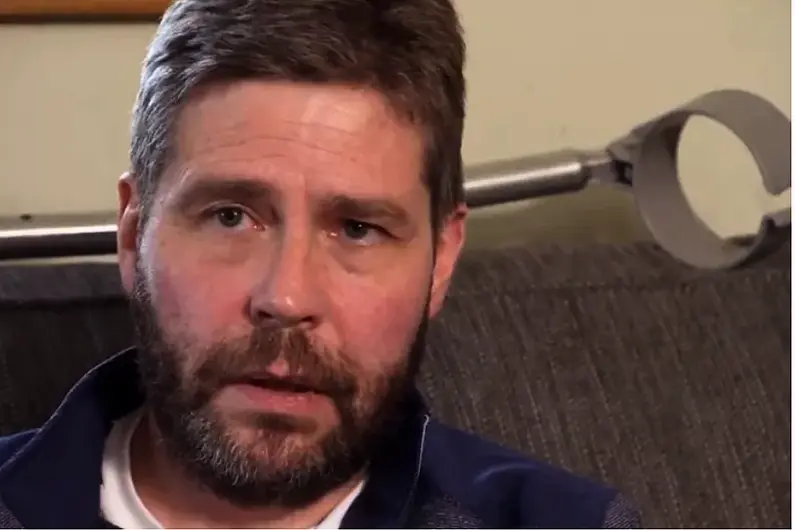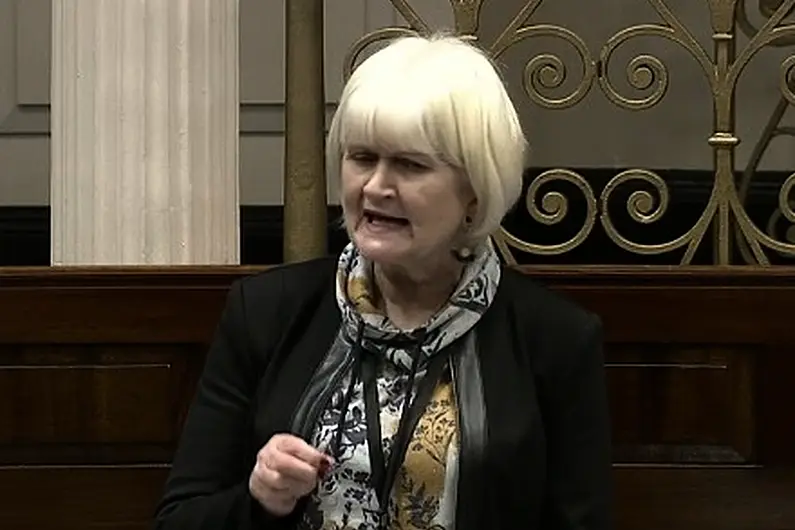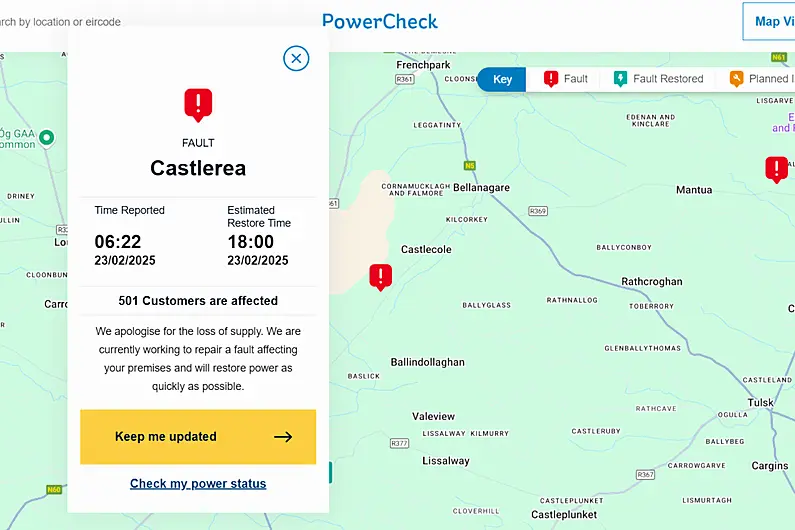Three men jailed for the kidnapping and torture of Quinn Industrial Holdings director Kevin Lunney have appealed their convictions, arguing that phone records used in their trial were an invasion of privacy.
Barristers for Alan Harte (43), Alan O’Brien (43), and Darren Redmond (30) also say that CCTV footage should not have been allowed into evidence, as witnesses were not required to take an oath during the main body of their trial.
Following the trial at the Special Criminal Court in December 2022, Harte, of Island Quay Apartments, O’Brien, of Shelmalier Road, and Redmond, from Caledon Road, all in East Wall, Dublin 3, were convicted of false imprisonment and intentionally causing harm to Mr Lunney at a yard at Drumbrade, Ballinagh, Co Cavan on September 17, 2019.
Career criminal Harte inflicted most of Mr Lunney's serious injuries, including knife wounds to his face and torso, after he was abducted from his home in Co Fermanagh on September 17, 2019.
Harte was sentenced to 30 years in prison, while O'Brien received a 25-year sentence and Redmond was sentenced to 18 years with the final three suspended.
Launching an appeal against the men’s convictions today (MONDAY), counsel for Harte, Michael O’Higgins SC, said that the Special Criminal Court had erred by admitting into the trial evidence that was not the subject of a sworn oath.
During the trial, there was an objection from the defence to the admissibility of CCTV evidence, which led to a voir dire (a preliminary examination of a witness or an investigation of the admissibility of evidence). It was the defence’s submission that once the court ruled to admit this evidence, the witnesses should have been recalled to give their evidence in the trial and take a fresh oath.
The Special Criminal Court indicated that it was satisfied that the evidence given under oath during the voir dire was properly within the trial, but Mr O’Higgins said that the defence was objecting to this.
“An accused person is entitled to say, ‘I want it done correctly’, and no one has the right to say that’s an unreasonable stance to take,” said Mr O’Higgins, adding that the trial court had said it had no intention of “parading people in” to repeat the evidence they had already given.
“To convict a person on evidence that isn’t sworn in a trial is legal heresy,” he said, going on to assert that even if the evidence was sworn during the voir dire, it could not be transported into the trial without the witness swearing a new oath.
Counsels for O’Brien and Redmond, Giollaíosa Ó Lideadha SC and Michael Bowman SC, said they both adopted the same submission on behalf of their clients.
In response, counsel for the DPP, Seán Guerin SC, said that the evidence had been given by live witnesses before the triers of fact, meaning there was no deprivation of the appellants’ right to a fair trial.
“What practical necessity was there for the court to hear that evidence again?” asked Mr Guerin.
Mr O’Higgins responded by saying that the defence had suggested to the trial court the practical solution of having the witnesses come in and give their same evidence, “drawing the same water from the same well”.
“In the overall scheme of things, to ask witnesses to come to court twice to give evidence, as part of the social contract, is a minimum intrusion on the individual citizen’s rights,” said Mr O’Higgins.
A further ground of appeal raised by the defence was that the trial judges erred in refusing to adjourn the trial so that the law could be clarified about the admissibility of phone records. An application was made to adjourn the trial as the law on the retention of phone data was in a state of flux. However, the State argued that the trial court was correct to find that the gardaí were entitled to rely on the law as it stood at the time they obtained the evidence.
Mr O’Higgins went on to say that the procedure used by the gardaí was not an appropriate method by which phone records should be sought. Counsel said that data about a mobile phone number attributed to another individual believed to be involved in this offence was sought, with contact between this number and Harte’s number on seven occasions. However, as ten other people were in contact with this number, Mr O’Higgins said the fact that this number was in contact with Harte was devoid of context. He said that the gardaí were required to establish if there were reasonable grounds for a warrant seeking the phone records in connection with Harte, adding that there had to be some reason for singling this number out.
On behalf of O’Brien, Mr Ó Lideadha said that the gardaí had used a procedure to obtain phone records that was not designed for this purpose, as the legislation used does not meet the requirements of the constitutional invasion of rights. He said that the gardaí had gone before a judge and asked for a warrant to enter a data controller’s premises and take anything at all that related to an arrestable offence. He went on to say that the gardaí procured a warrant that empowered them to take whatever data they wanted under pain of prosecution and through the use of force.
On behalf of Redmond, Mr Bowman said that material that was accessed by the gardaí in connection with his client was General Packet Radio Service (GPRS) data. He said that this data was on 24 hours a day in a continuous feed that was not user generated, so this was an invasion of privacy as the phone was acting as a 24-hour tracking device.
In response, Mr Guerin said that concerning the warrants for phone records, a co-accused in the case was contacted by phone from a number that Harte also made contact with, so there was a reasonable suspicion of the presence of evidence.
He said that once the warrant was issued for the phone records, the party in possession of the material took the decision to hand it over. He went on to say that the material obtained was expressly recognised as material that could be used in the commission of an offence.
The appeal continues tomorrow before Mr Justice Patrick McCarthy, presiding over the three-judge court.
In his testimony during the original trial, Mr Lunney said that he was forced into the boot of an Audi A4 near his home and driven to a container where he was threatened and told to resign as a director of Quinn Industrial Holdings and to put a stop to litigation with which he was involved north and south of the border. His attackers stripped him to his boxer shorts, doused him in bleach, broke his leg with two blows of a wooden bat, beat him on the ground, cut his face and scored the letters QIH into his chest with a Stanley knife. They left him bloodied, beaten and shivering on a country road at Drumcoghill in Co Cavan where he was discovered by a man driving a tractor.






